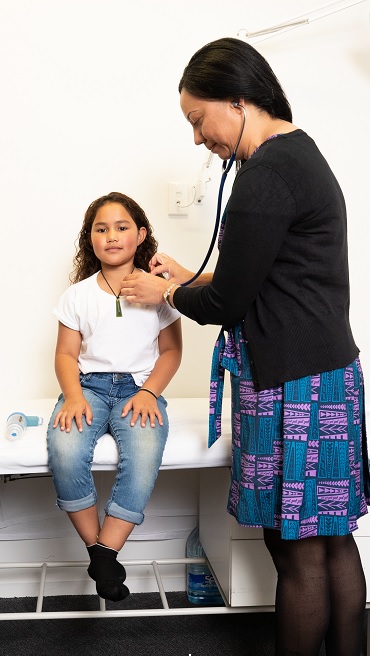
Completing this module is a great way to better understand health equity and then start, or build on, delivering that to your patients.
In this module we’ll show practices how you can work towards health equity by:
- Providing guidance about what health equity looks like in general practice.
- Putting in place activities and policies that focus your practice on quality improvement.
- Developing ways to improve health outcomes for Māori and other priority populations.
A lot of thinking and research has gone into developing this Equity Module. These components will give you some further background information if you’d like a deeper understanding of health equity and Māori health.
The College’s expectations are that health outcomes for patients and whānau in a Cornerstone Practice will become equitable over time, both for Tangata Whenua and for the practice’s priority populations.
The Equity Module consists of four indicators, criteria, range of evidence, and guidance: